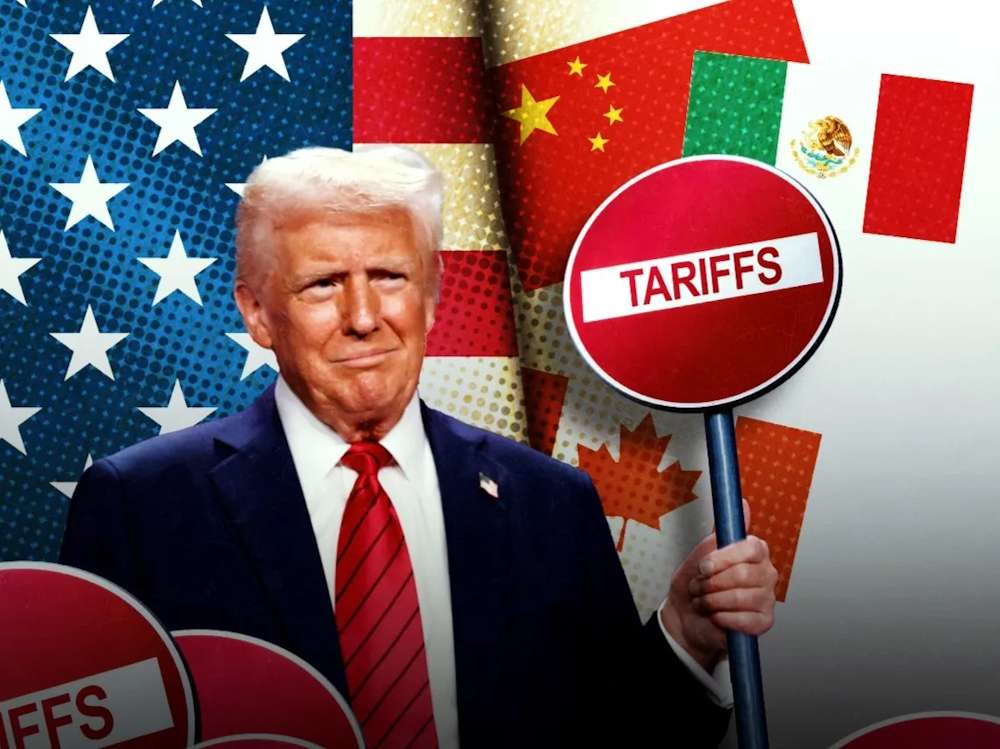President Trump’s new wave of tariffs has thrown a wrench into the global economic machine, with the iGaming sector caught right in the middle. From London-listed operators to North American giants, gambling stocks are tumbling as markets react to what many have dubbed “economic roulette.”
The U.S. has imposed steep new tariffs on both economic allies and rivals, sending shockwaves through financial markets. China, after retaliating with its countermeasures, now faces a staggering 85% total tariff rate from the U.S. The EU was hit with a 20% charge, while the UK was relatively spared at 10%. Still, even that “modest” figure has left the gambling industry rattled.
Stock markets have responded accordingly. Big names like Entain, Evoke (formerly 888 Holdings), and Better Collective have taken serious hits. Entain’s shares dropped a further 16%, compounding a year of compliance and anti-money laundering issues. Evoke lost nearly a quarter of its market value in just one week, and Better Collective saw a 16% slide on the Nasdaq Copenhagen. U.S. operators haven’t fared any better: Wynn Resorts, PENN Entertainment, and Las Vegas Sands have all posted double-digit stock losses.
Amid the chaos, iGaming data experts at Regulus Partners warn that these tariffs could have a profound and lasting impact on global gaming markets. The concern isn’t just about current valuations—it’s about what happens next if the geopolitical tension deepens or spreads.
Despite the economic storm, certain sectors of the industry are demonstrating resilience. Companies with a robust digital presence are navigating the volatility more effectively. Consider Super Group, the parent company of Betway, which recently reported steady financial results for 2024 and expanded operations in North America. Spin Palace, their latest launch, Spin Palace, in the region, aligns with the growing trend of digital-first gambling, which appears to be shielding some firms from the worst of the economic fallout.
Spin Palace not only represents a strategic move into a high-growth market, but also a larger pivot the entire industry is considering: a stronger focus on online gaming as consumers become more cost-conscious and mobile-first. With less disposable income to spend on travel or brick-and-mortar casinos, punters are increasingly drawn to the convenience and variety of online platforms.
While traditional operators are preparing for prolonged uncertainty, digital-heavy firms may actually gain market share. The shift to online, which was already underway before this round of tariffs, is now accelerating. However, this doesn’t mean the challenges are over. If tariffs persist or escalate, even the strongest digital performers could face headwinds from reduced global demand, rising operational costs, and regulatory uncertainties.
In this high-stakes environment, every move counts. The industry is holding its breath – not for a jackpot, but to see whether the next spin of Trump’s economic wheel lands on recovery or deeper disruption

